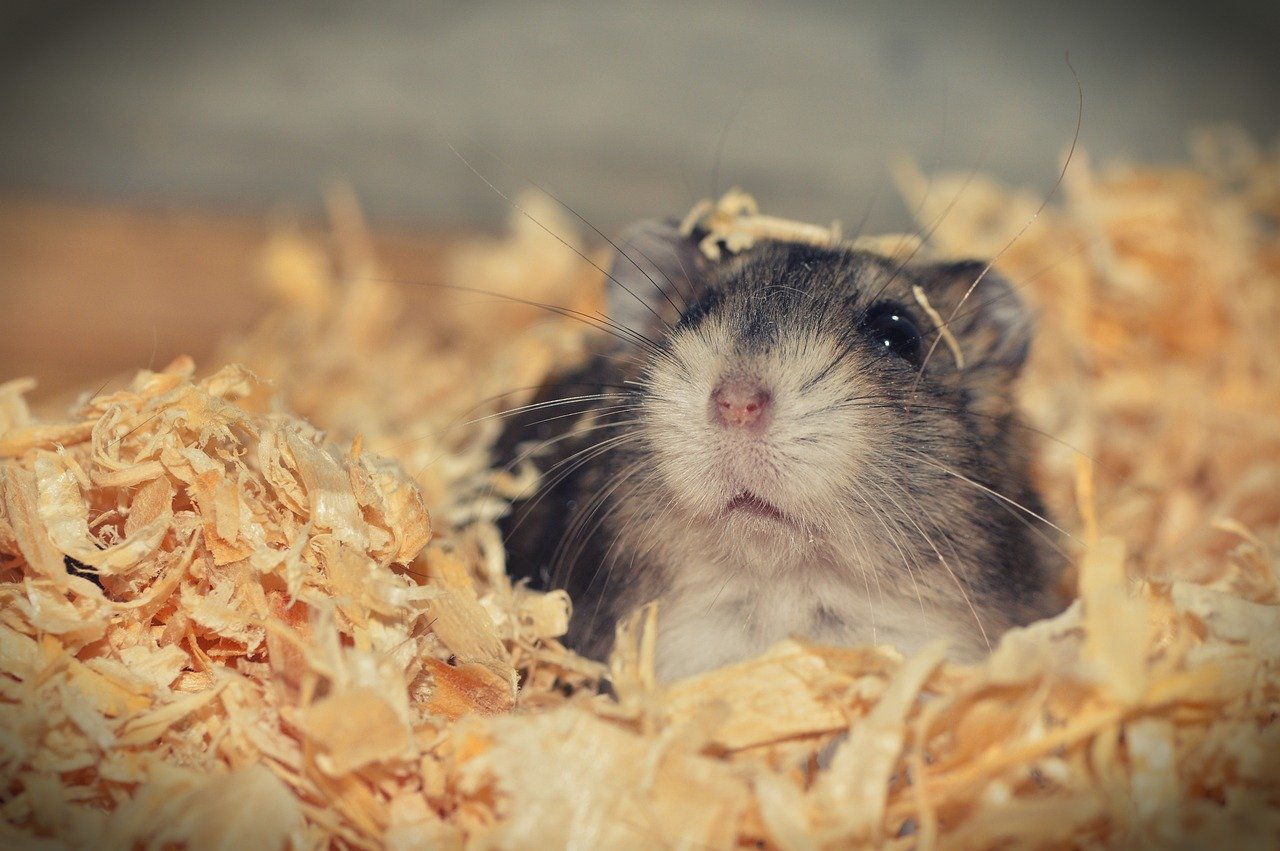When it comes to choosing a pet, many animal lovers are drawn to the unique charm and companionship offered by small animals. But did you know that some of these pint-sized creatures can live surprisingly long lives? Understanding the care needs of these long-living small animal breeds will not only ensure their well-being but also strengthen the bond you share with them. Whether you’re a seasoned pet owner or a curious beginner, this article will guide you through the fascinating world of small animals with impressive lifespans. Are you ready to embark on this heartwarming journey?
Chinchillas: The Fluffy Longevity Experts
When choosing a small pet, it’s not just about size or cuteness—lifespan and care requirements play a huge role in finding the right match for your lifestyle. While some small animals live just a few years, others can be lifelong companions with the right care and attention. Understanding what each species needs—whether it’s social interaction, special diets, or a particular type of habitat—can help ensure they live a long, healthy, and happy life.
Chinchillas are not only known for their irresistibly soft fur but also for their lengthy lifespans. These fluffy creatures can live up to 15-20 years with proper care. Native to the Andes Mountains, they thrive in dry, cool environments. It’s crucial to provide them with a dust bath several times a week to keep their dense fur clean and healthy. Chinchillas are social animals, so consider adopting them in pairs to prevent loneliness. Their diet should primarily consist of high-quality hay, pellets, and occasional treats like dried fruits. With their playful nature and long lifespan, chinchillas can become cherished family members for many years.
Guinea Pigs: The Social Butterflies
Guinea pigs, or cavies, are delightful pets known for their friendly demeanor and social nature. These small animals can live between 5 to 8 years, sometimes even longer with excellent care. They thrive in environments where they can interact with both humans and fellow guinea pigs. A spacious cage with hiding spots, tunnels, and chew toys will keep them entertained. Fresh vegetables, pellets, and unlimited hay should form the basis of their diet. Regular grooming and nail trimming are essential to their health. With their cute squeaks and gentle personalities, guinea pigs make wonderful companions for families and individuals alike.
Rabbits: The Hopping Companions
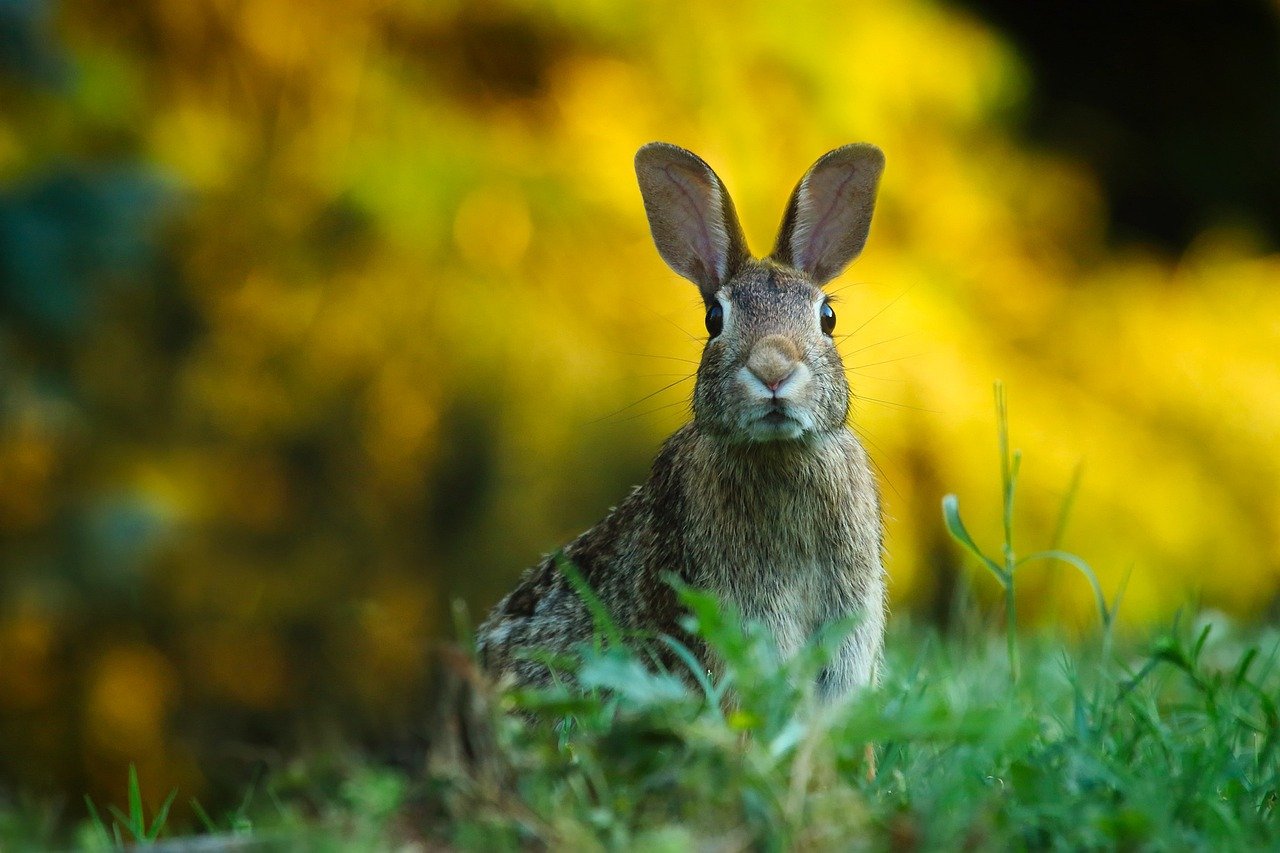
Rabbits are more than just adorable balls of fluff; they’re also known for their relatively long lifespans, living around 8 to 12 years. These hopping companions require a lot of space to roam and play, so a secure enclosure with access to a larger play area is ideal. A diet rich in hay, fresh vegetables, and limited pellets will keep them healthy. Rabbits are social creatures and enjoy the company of other rabbits or humans. Regular veterinary check-ups and proper grooming can prevent common health issues. With their playful antics and affectionate nature, rabbits can bring joy and laughter to any home.
Parrots: The Colorful Talkers
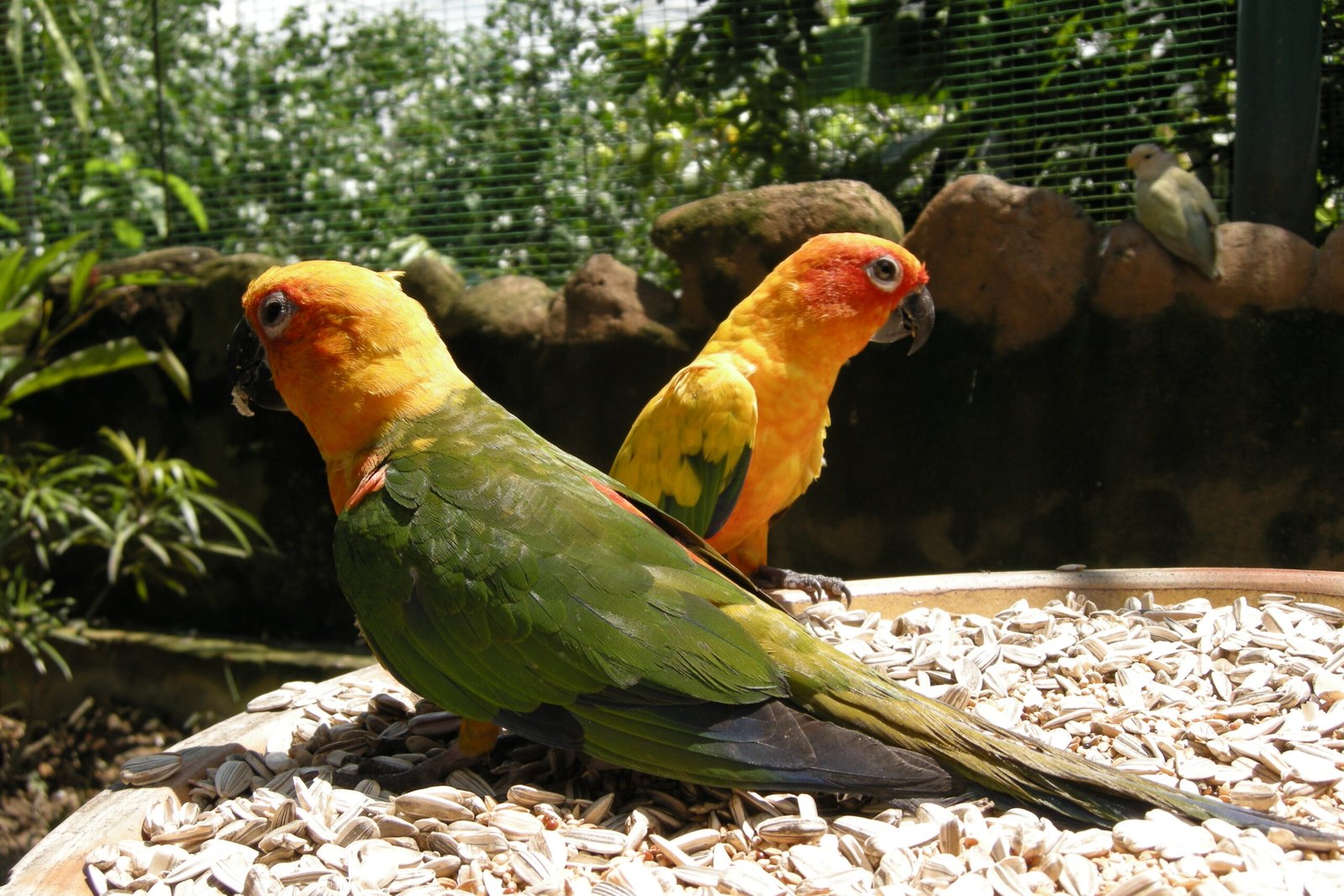
Parrots are renowned for their intelligence, vibrant plumage, and impressive lifespans, often living 20 to 30 years or more. These colorful talkers require mental stimulation to prevent boredom, so interactive toys and social interaction are essential. A varied diet of pellets, fresh fruits, and vegetables will keep them healthy. Parrots are highly social and thrive in environments where they can interact with their human companions regularly. Training and socialization are key to preventing behavioral issues. With their ability to mimic sounds and form strong bonds, parrots can become lifelong companions that brighten any household.
Hamsters: The Nighttime Adventurers
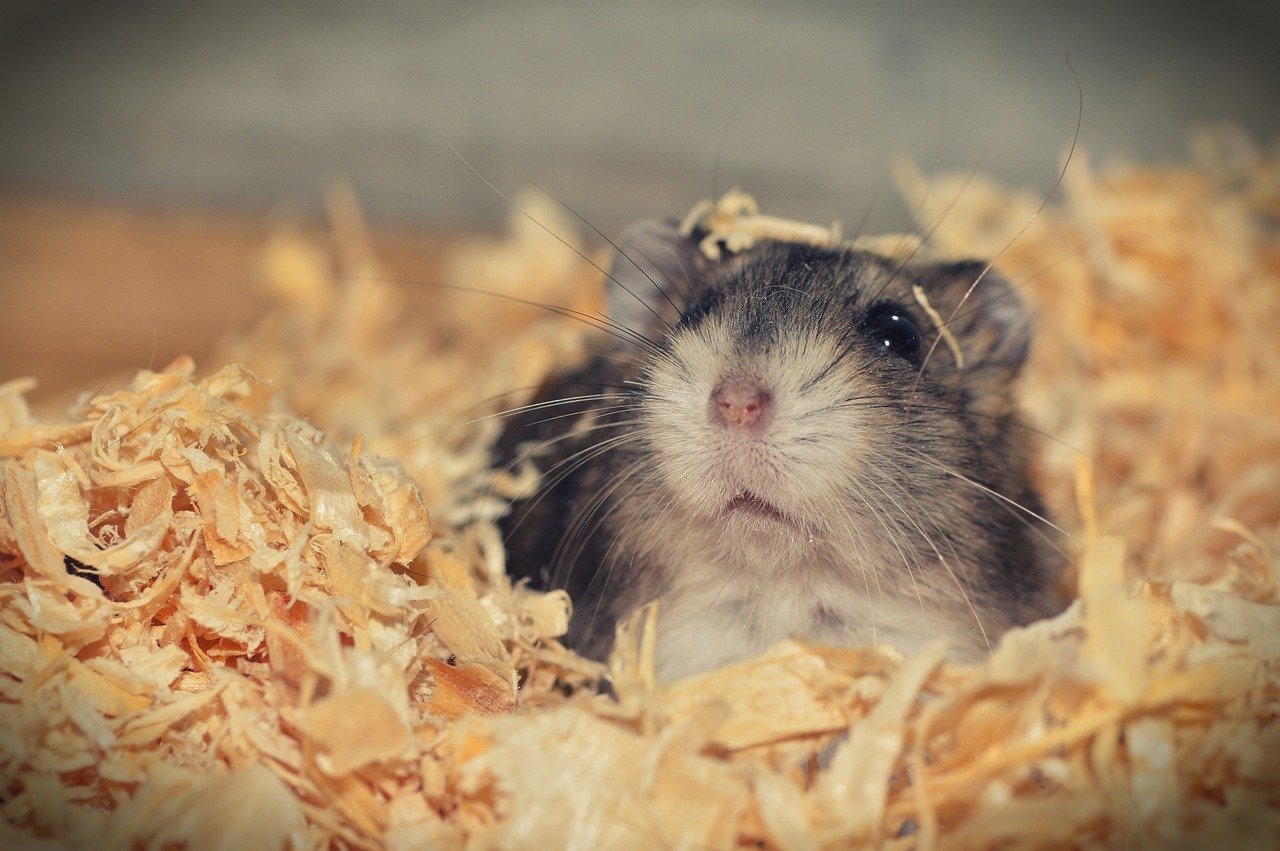
While hamsters may be small, they can live up to 2 to 3 years, making them a popular choice for first-time pet owners. These nocturnal creatures are most active during the night and require a spacious cage with tunnels, wheels, and nesting materials to explore. A balanced diet of pellets, fresh vegetables, and occasional treats like seeds will keep them healthy. Hamsters are solitary animals and prefer their own space, so avoid housing them together to prevent conflicts. Regular cage cleaning and gentle handling will ensure their well-being. With their cute antics and manageable size, hamsters are delightful pets for those seeking a low-maintenance companion.
Ferrets: The Mischievous Explorers
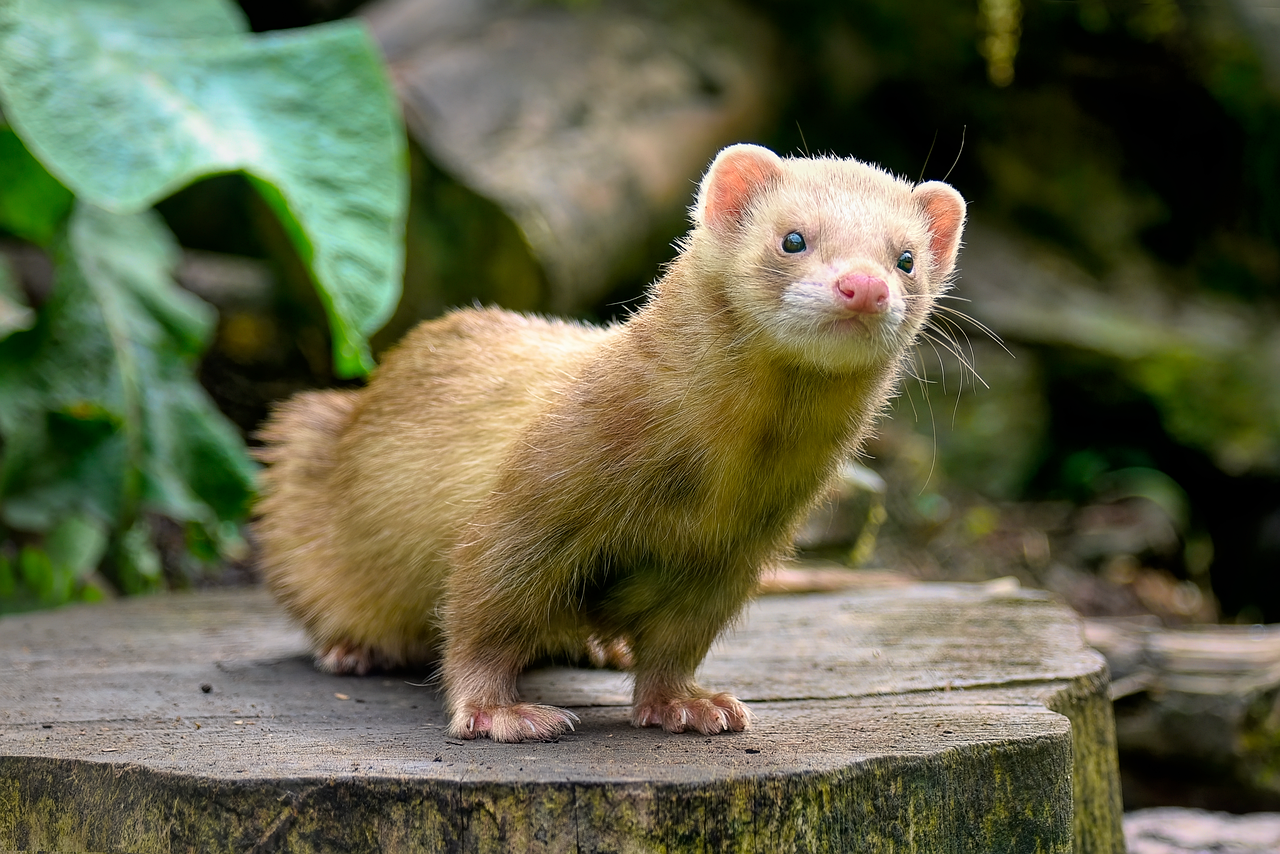
Ferrets are known for their playful and mischievous nature, often living between 6 to 10 years. These curious explorers require a lot of interaction and mental stimulation to stay happy. A spacious cage with multiple levels, tunnels, and toys will keep them entertained. A diet of high-quality ferret food, supplemented with raw meat and occasional treats, will provide the necessary nutrients. Ferrets are social animals and enjoy the company of other ferrets or humans. Regular veterinary check-ups and vaccinations are essential to their health. With their boundless energy and affectionate nature, ferrets can make lively and loving pets.
Tortoises: The Slow and Steady Companions
Tortoises are remarkable for their longevity, with some species living well over 50 years. These slow and steady companions require a spacious outdoor enclosure with access to sunlight and shade. A diet rich in leafy greens, vegetables, and occasional fruits will keep them healthy. It’s essential to provide them with a shallow water dish for hydration and soaking. Tortoises are generally solitary creatures but can coexist peacefully with other tortoises. Regular shell care and veterinary check-ups will ensure their well-being. With their gentle demeanor and impressive lifespans, tortoises can become cherished family members for generations.
Gerbils: The Burrowing Enthusiasts
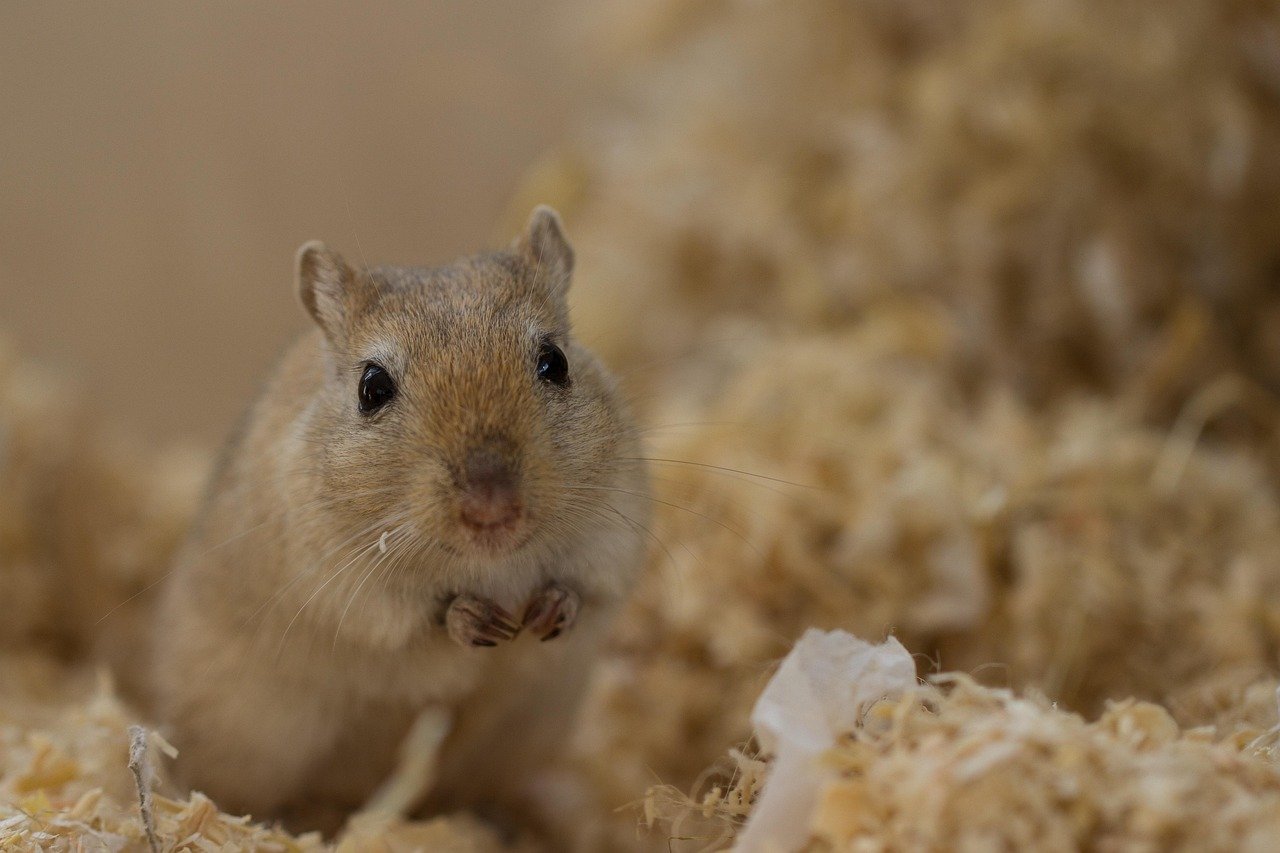
Gerbils are small, active rodents that can live up to 3 to 4 years. These burrowing enthusiasts thrive in environments that mimic their natural habitat, with plenty of bedding for digging and tunnels for exploration. A diet of pellets, seeds, and fresh vegetables will provide the necessary nutrients. Gerbils are social animals and should be housed in pairs or small groups to prevent loneliness. Regular cage cleaning and handling will keep them healthy and happy. With their playful nature and adorable antics, gerbils make wonderful pets for families and individuals alike.
Lovebirds: The Affectionate Flyers
Lovebirds are small parrots known for their affectionate nature and strong pair bonds, often living 10 to 15 years. These colorful flyers require a spacious cage with perches, toys, and opportunities for flight. A varied diet of seeds, pellets, and fresh fruits will keep them healthy. Lovebirds thrive on social interaction and should be housed in pairs or given regular human companionship. Training and socialization are important to prevent behavioral issues. With their charming personalities and vibrant colors, lovebirds can bring joy and companionship to any home.
Degus: The Social Whirlwinds
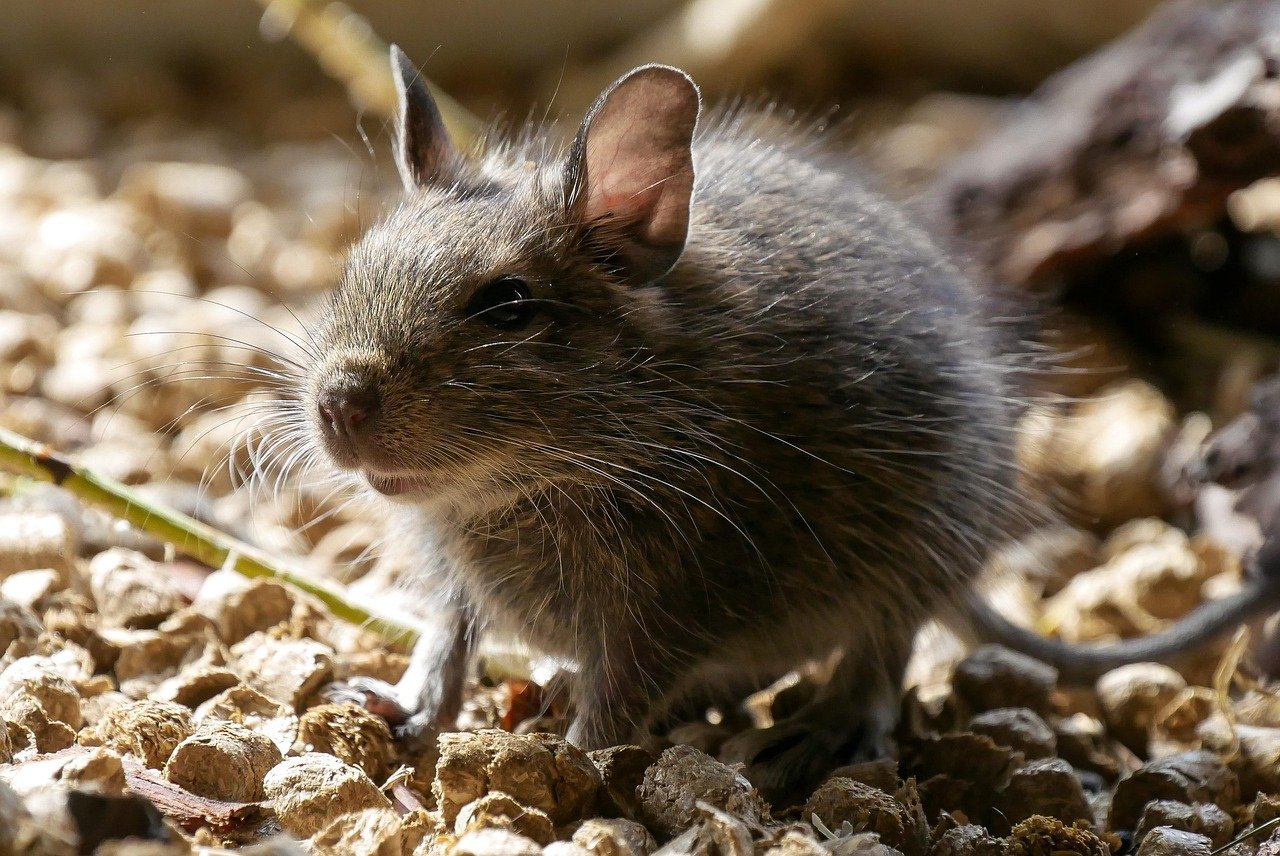
Degus are small rodents that can live up to 5 to 8 years, known for their social and active nature. These social whirlwinds require a spacious cage with multiple levels, wheels, and toys for mental stimulation. A diet of pellets, hay, and fresh vegetables will provide the necessary nutrients. Degus are highly social and should be housed in pairs or small groups to prevent loneliness. Regular handling and interaction will keep them tame and friendly. With their lively personalities and social behavior, degus make engaging and entertaining pets.
In conclusion, small animals can offer companionship and joy for many years when given the proper care and attention. Each of these breeds has its unique needs and characteristics, making them special in their own right. By understanding and meeting these needs, you can ensure a long, happy life for your small animal companion.

